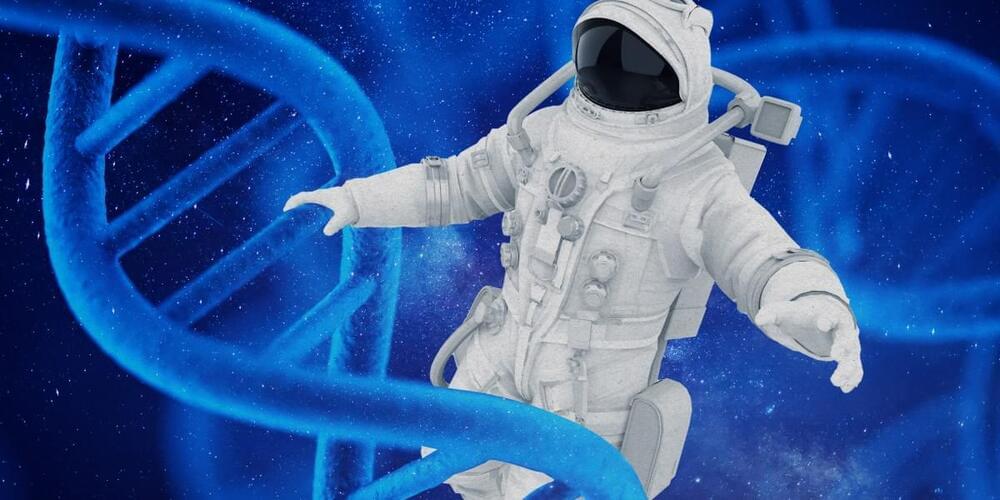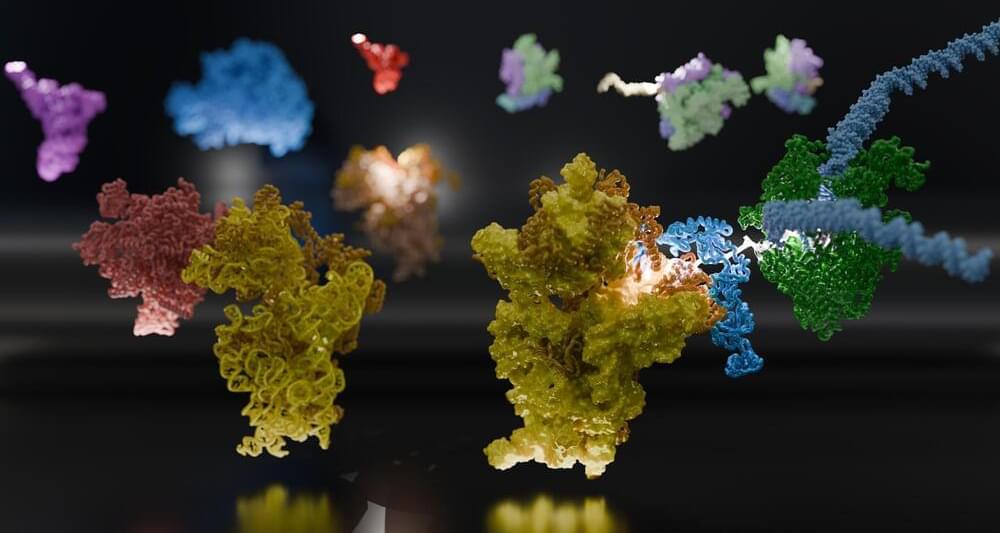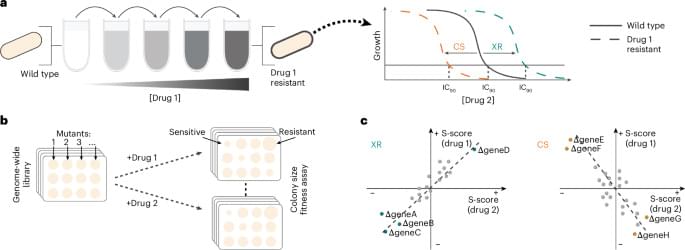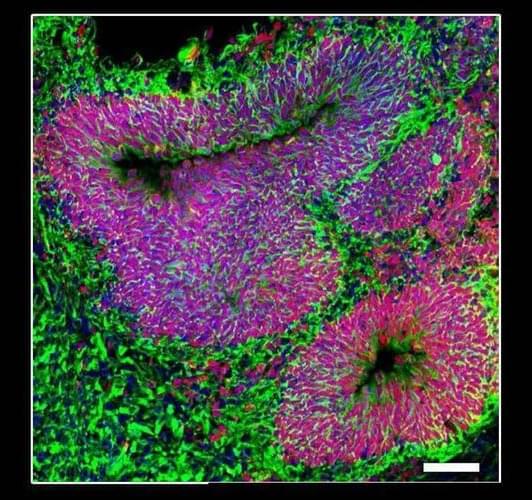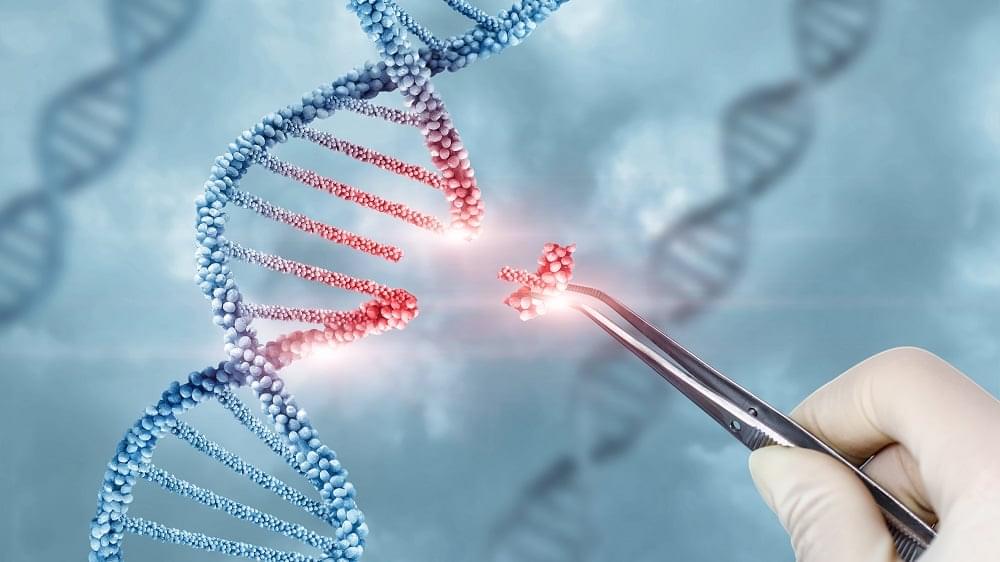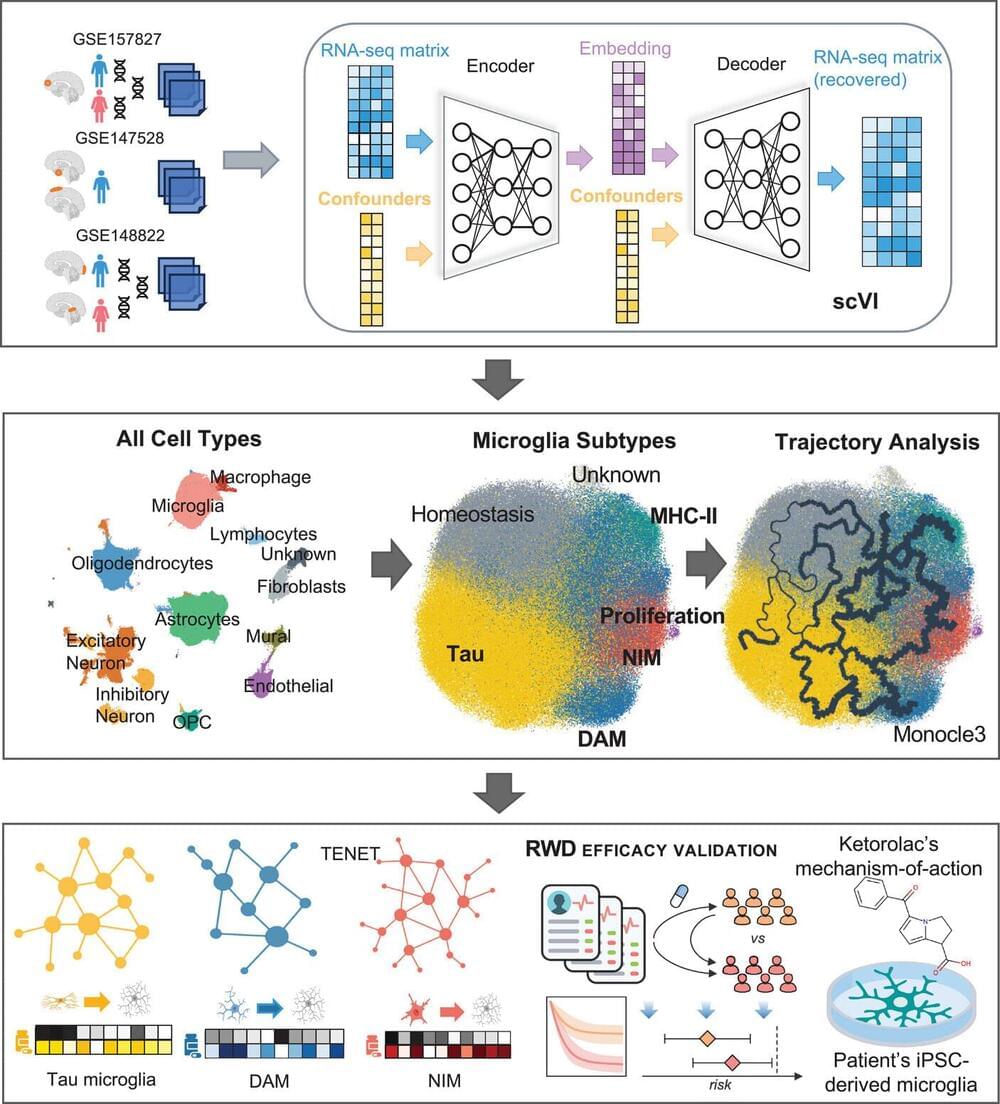Dec 9, 2024
FDA Approves New Cancer Treatments
Posted by Paul Battista in categories: biotech/medical, genetics
In August, the Food and Drug Administration (FDA) granted accelerated approval of Tecelra (afamitresgene autoleucel)— the first T-cell receptor therapy for solid tumors—for people with inoperable or metastatic synovial sarcoma. Tecelra is a gene therapy created from a patient’s own T cells. A sample of cells is removed and genetically modified to express a natural T-cell receptor that targets MAGE-A4, an antigen expressed on cancer cells. In the Phase II SPEARHEAD-1 trial, the overall response rate was 43%, and 39% of responders were still doing well a year later.



